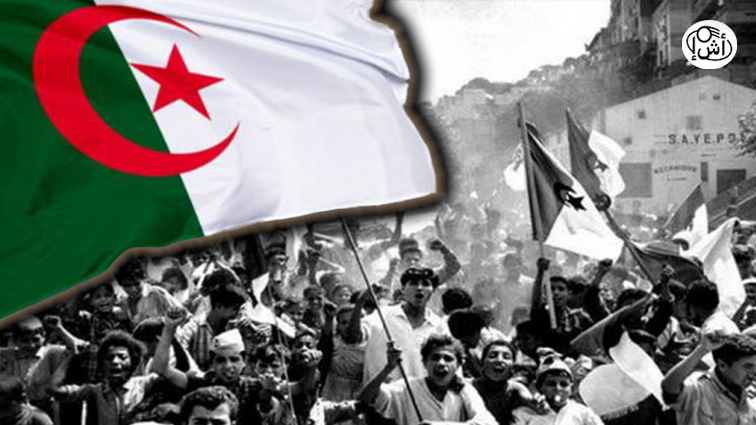Algeria on Tuesday commemorates the 62nd anniversary of Victory Day, the day the country stepped towards its independence and the removal of the French occupation, which left behind a broken country and hundreds of thousands of victims.
Victory Day falls on the nineteenth of March, the day Algerians succeeded in imposing a ceasefire in 1962.
Algeria was able to regain its national sovereignty through armed struggle and political action, and the first negotiations between the Algerian and French delegations began in June 1960 when the French government requested the surrender of the National Liberation Army, which was rejected by the Provisional Government of the Algerian Republic.
On December 11, 1960, the popular demonstrations in Algeria prompted the United Nations General Assembly to include the Algerian issue on its agenda, only to find the French side forced under international pressure to sit back at the table to negotiate decolonization.
In 1961, formal talks lasted a year until a ceasefire was announced.
After difficult negotiations, Algeria’s full independence and unity were recognized.
On March 19, 1962, a ceasefire was effectively implemented, followed by a referendum on self-determination, which the Algerians chose and obtained on July 5, 1962, ending 132 years of occupation.
In a message to his people on the occasion of Victory Day, Algerian President Abdelmadjid Tebboune affirmed “the determination to proceed in the new Algeria to strengthen sovereignty and independence of decision-making”, recalling the Algerian people’s struggle and sacrifices for freedom and independence.
A UN report reveals a horrific violations during the expulsion of migrants from Tunisia to Libya
